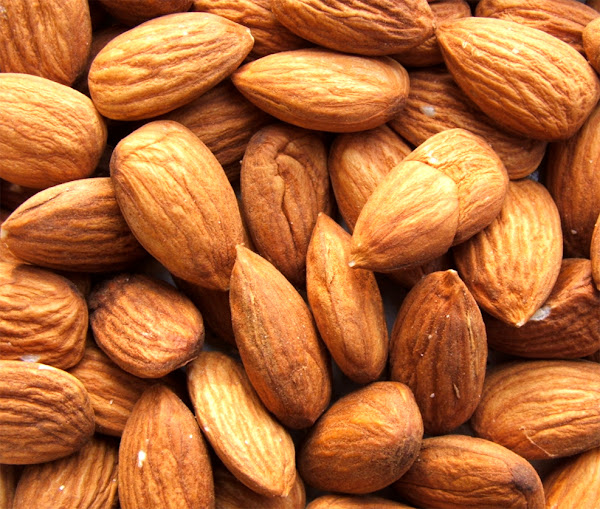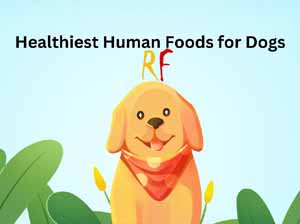Most of the dog owners are now very conscious about their dog’s diet. That’s why many people often ask whether can dogs eat almonds or not. Here we are trying to describe more about this whether can dogs eat almonds or not. If you don’t have enough time to read this full article, the straight answer is NO!
It is actually not recommended to feed dogs almonds as they can be difficult for them to digest and may cause digestive problems such as diarrhea, vomiting, or gastrointestinal blockages. Almonds can also be a choking hazard for dogs, especially smaller breeds.
Almonds are high in fat and can cause pancreatitis in dogs if consumed in large quantities. If you want to give your dog a healthy snack, it is best to stick to dog-safe fruits and vegetables, such as carrots or green beans. Always consult with your veterinarian before introducing new foods to your dog’s diet.

Can Dogs Eat Almonds?
As a dog owner, it’s natural to want to share everything with your dog, including snacks. However, not all human foods are safe for dogs to consume. One food in particular that dog owners may be curious about is almonds. So, can dogs eat almonds? The short answer is no. While almonds are not toxic to dogs, they are not recommended as a snack due to a few reasons.
Firstly, almonds are difficult for dogs to digest. They contain a lot of fiber and fat, which can lead to gastrointestinal problems such as diarrhea and vomiting. In some cases, almonds can also cause blockages in the digestive tract, which can be very serious and even require surgery to correct.
Secondly, almonds can be a choking hazard for dogs, especially smaller breeds. If your dog manages to swallow an almond whole, it can become lodged in their throat or esophagus, which can be life-threatening.
Lastly, almonds are high in fat and calories, which can contribute to obesity and other health problems if consumed in large quantities. Dogs who regularly consume high-fat diets are at risk of developing pancreatitis, a condition where the pancreas becomes inflamed and can no longer function properly.
While almonds are not a suitable snack for dogs, there are plenty of other healthy options you can offer your dog. Carrots, green beans, and sweet potatoes are all safe and nutritious choices that your dog will love. You can also offer your dog small amounts of lean meats such as chicken or turkey as a treat.






